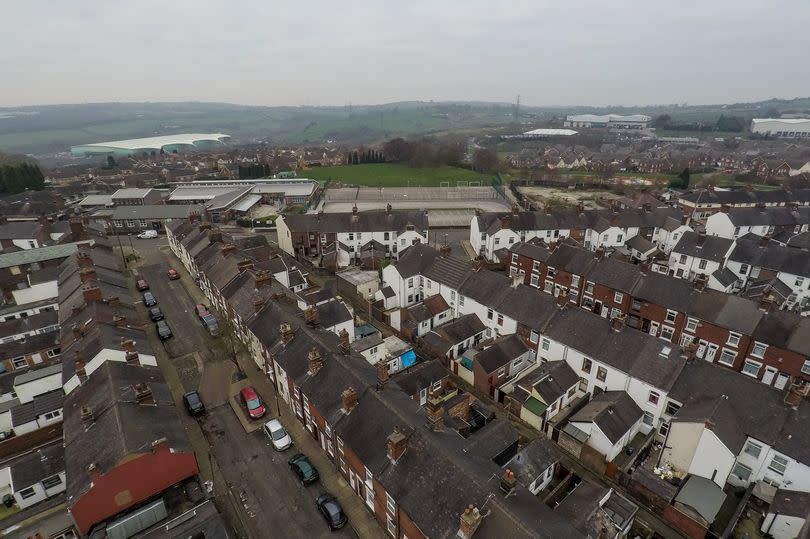Families in these council tax bands can save £400 on energy bills

As families continue to tussle with the cost of living crisis, the chance to shave the amount paid out on utility bills is no doubt welcomed. Houses in council tax bands A to E could be in line to save around £400 on their energy bills.
It is estimated that the scheme launched last year could help 300,000 homes across the country heat their home for less and save money on energy bills. The government says, under the Great British Insulation Scheme, you might get support if your home has an energy performance certificate (EPC) of D to G or is in council tax bands A-D in England.
BirminghamLive reports how you can be a homeowner, landlord or tenant (either renting privately or from a housing association). If you're a tenant, speak to your landlord before you apply. You'll need their permission before any insulation can be installed, the government says.
The scheme works by obligating energy suppliers to help customers to reduce their heating bills through the installation of energy efficiency measures, such as loft and cavity wall insulation. The cost of these measures may be partially or fully subsidised, depending on the proposed measure and any property issues.
For the GB Insulation Scheme, the following objectives have been set based on the modelled, expected outcomes for the scheme: Over 300,000 households supported with energy efficiency measures between 2023 and 2026 and households supported through the scheme have energy bills lower than they otherwise would have been, with an average bill saving of £300-400 per year, based.
It also wants to ensure the accuracy of key modelling assumptions which will be considered as part of the monitoring and evaluation of the GB Insulation Scheme. A successful scheme in terms of delivering measures to households may fail to achieve one of the set objectives if an inaccurate assumption is used, e.g., if the assumed level of energy savings from installing a measure is inaccurate.
The government forecasts over 100,000 homes upgraded to at least an energy efficiency rating of Band C, helping the government meet its statutory fuel poverty target.

 Yahoo News
Yahoo News 
